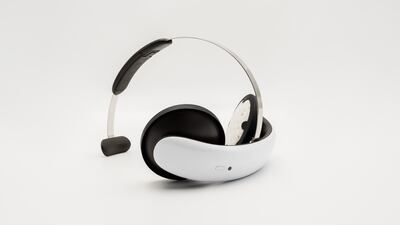A growing number of researchers and companies worldwide are exploring the power of virtual reality (VR) and gaming technologies for developing innovative solutions to help clinicians diagnose, treat and manage some of the most challenging behavioral conditions. Researchers believe that the use of VR technologies is rising for health care applications, fueled largely by technological innovations, such as the Oculus Rift headset, which are making VR therapies more affordable. This article takes a closer look at how VR is being used for exposure therapy at the U.S. Department of Veterans Affairs to help soldiers recover from post-traumatic stress disorder (PTSD), for cognitive behavioral therapy at Akili Interactive Labs Inc., which plans to file for US FDA approval for its Project: Echo to treat pediatric attention-deficit hyperactivity disorder (ADHD) and by researchers in the Netherlands to prevent relapse in patients recovering from mental illness. We'll also address limiters and growth opportunities and other projects in the works in this trending space.
One of the most promising and widely used VR technologies today is an interactive VR-based exposure therapy tool to assess...
Read the full article – start your free trial today!
Join thousands of industry professionals who rely on Medtech Insight for daily insights
- Start your 7-day free trial
- Explore trusted news, analysis, and insights
- Access comprehensive global coverage
- Enjoy instant access – no credit card required
Already a subscriber?








